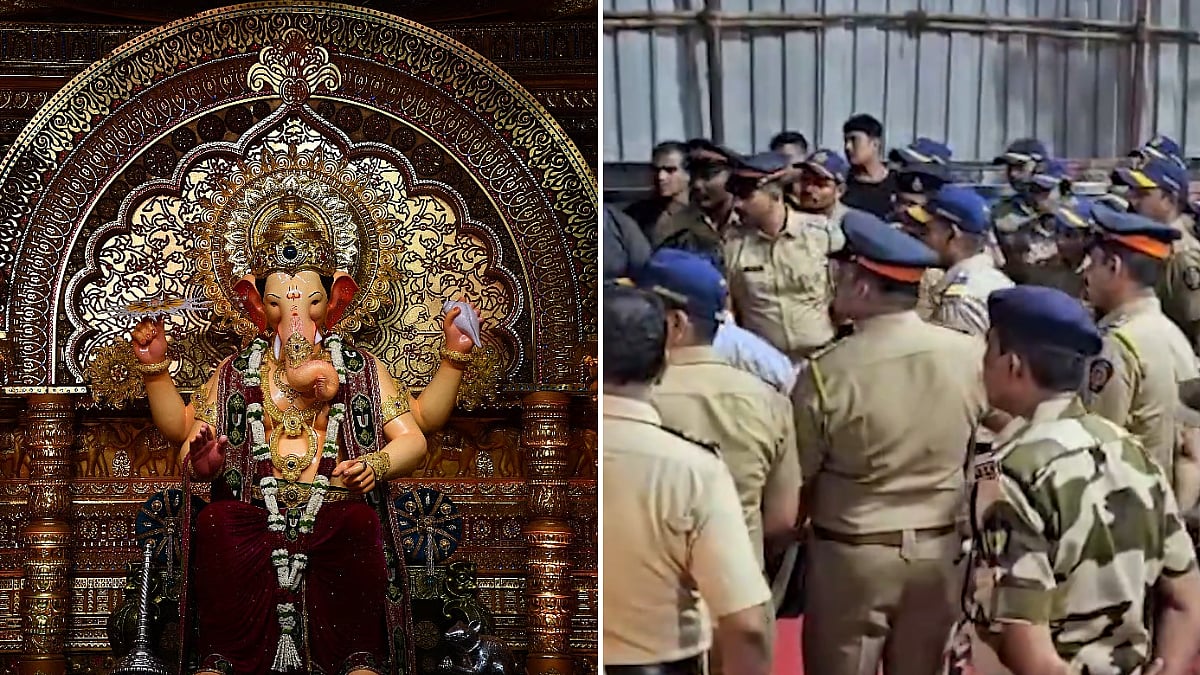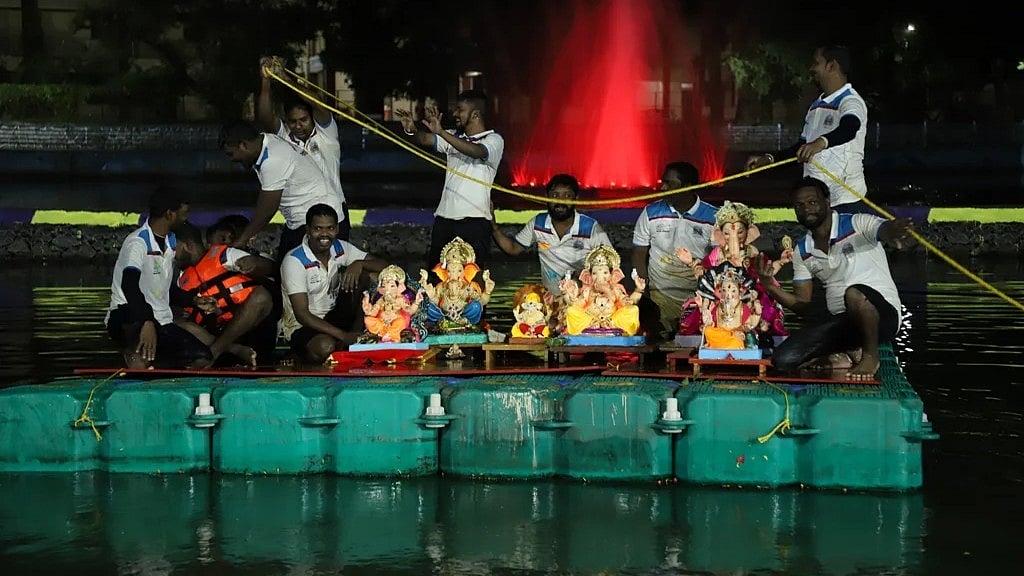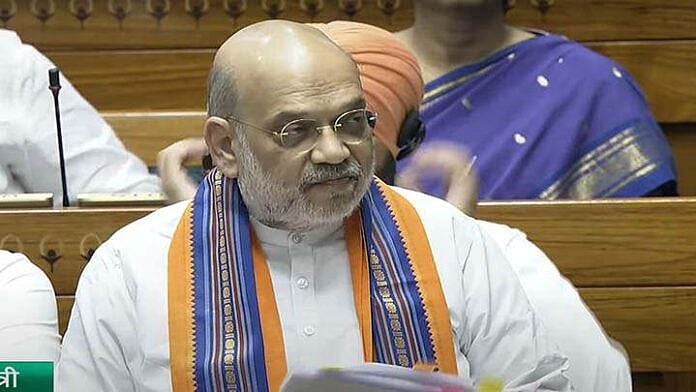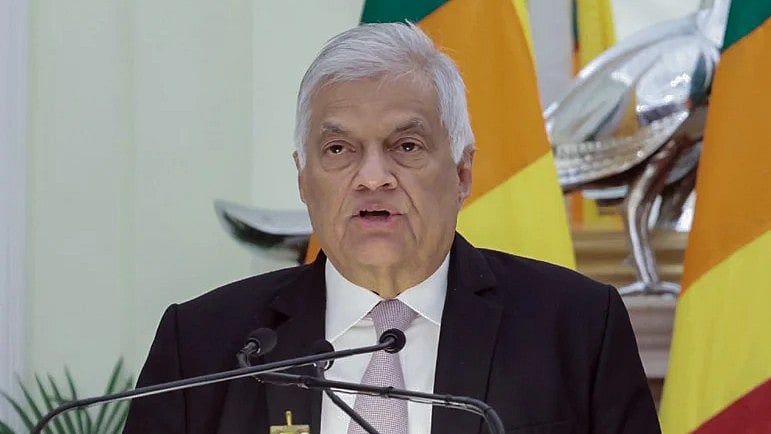The President of India has immunity from being prosecuted in courts but does that imply his special train which blocked free flow of traffic at Kanpur in Uttar Pradesh on June 25 can cause the death of an innocent citizen?
The Vandana Mishra episode disgusts us because the President of India represents the people of India whom he has to serve not as a monarch but as the head of the Republic. The preamble proclaims the people of India are the sovereign rulers and not their representatives.
Interestingly, President Ram Nath Kovind is immune from any legal proceeding during his term of office under Article 361 of the Constitution which carves out an exception to the right to equality of all Indian citizens before the law under Article 14. Hence, Vandana Mishra’s heirs cannot initiate any proceeding for compensation against the President for unwittingly causing her death at the comparatively young age of 50 years.
However, a civil suit lies against the DGP, who is the head of the Uttar Pradesh police, for causing the death of the woman because his underlings refused to allow her car to proceed to the hospital when she was in dire need of oxygen. An advance notice will have to be given to the government before this civil suit is initiated. But the woman’s heirs will not resort to this legal remedy after Savita Kovind, the wife of the President, sent a condolence message with the heads of administration who attended the last rites of Vandana Mishra. The President, as first citizen, could have shown compassion by visiting the family.
To be sure, the apologies of the Kanpur police commissioner were duly given wide publicity with directives from the office of President Ram Nath Kovind that there should be no recurrence of such deaths. But this will not bring back Vandana Mishra to life. President Kovind’s editorials have often appeared in national newspapers.
The right to life and liberty is enshrined in Article 21 of the Constitution which applies to aliens as well as to Indian citizens. With laws such as the Unlawful Activities Prevention Act which does not precisely define what is an unlawful activity, this right to life appears a chimera with dissenters like Disha Ravi and Fr Stan Swamy being jailed.
Unlike heads-of-state abroad, such as British Prime Minister Boris Johnson who visits supermarkets without security to buy his own food, Indian heads of state behave like despots whose special trains, planes and convoys disrupt citizens’ lives. Four years ago, Prime Minister Narendra Modi banned red beacons atop VIP cars, like those of chief ministers. There is no reason to justify why Vandana Mishra’s car was not allowed to proceed to hospital after security checks.
The Rashtriya Swayamsevak Sangh (RSS), to which President Ram Nath Kovind belongs, has an ideology of service to the nation which is commendable. But to what extent governors and President Ram Nath Kovind’s staff strictly adhere to this ideology is debatable. The late Goa Governor Mridula Sinha moved around the state in a huge cavalcade and allegedly substituted coconut water for ordinary drinking water, allegedly squandering public money.
The then Goa RSS rebel leader Subhash Velingkar criticised Sinha, also from the RSS, for her extravagance and inviting the minority BJP to form the government when the Congress had secured 17 seats. Adhering to RSS ideology, Velingkar is known to embody simplicity, always clad in a bush-shirt and trousers, lives in a small house in Panjim, which was why his criticism of the governor roused the ire of Goans.
Well before President Kovind took over, President Pratibha Patil ran up an astronomical bill of Rs 205 crore during her term in office from 2007 to 2012, to visit foreign countries with a huge contingent of relatives and friends on the specious pretext of fostering ties with these countries. Air-India had billed the defence ministry for over Rs 169 crore on account of aircraft used by Pratibha Patil. Of this, the defence ministry paid nearly Rs 153 crore, leaving unpaid bills of over Rs 16 crore, according to news reports in 2012. Notably, the same defence ministry tried to block RTI queries.
Patil was one of the more unusual Presidents India had, with no concrete decisions being taken apart from commuting the death sentences of criminals convicted of heinous offences. The taxpayer was left to foot the hotel bills of the former President Pratibha Patil’s relatives. Her main qualification for occupation of office was her proximity to the Gandhi family. She was also accused of grabbing 261,000 square feet of land at Khadki near Pune, earlier earmarked for soldiers. Pratibha Patil was a Congress appointee and like other Congress leaders, faced various accusations of dubious conduct.
The most notorious head-of-state was the late Andhra Pradesh Governor Narayan Dutt Tiwari, whose sexual escapades titillated everybody. His love child, Rohit Shekhar Tiwari was allegedly murdered by the latter’s wife Apoorva for drinking and flirting with his sister-in-law. Apparently, the son’s private life was no different from his philandering father, who was a Congressman.
This is why the head of state, who is the embodiment of the rule of law, is immune from civil and criminal action in courts on the reasoning that if such heads of state are caught up in court cases, they will not be able to focus on vital matters-of-state. This reasoning, based on the doctrine of sovereign immunity needs to be revisited.
There should be a ceiling on the amount of expenses they are allowed to incur on themselves and their families while in office. Also, there is a dire need to formulate a protocol to ensure there are no recurrences of citizens being deprived of their right to life due to Presidential cavalcades getting priority.
The writer holds a PhD in law and is a senior journalist-cum-advocate of the Bombay high court










